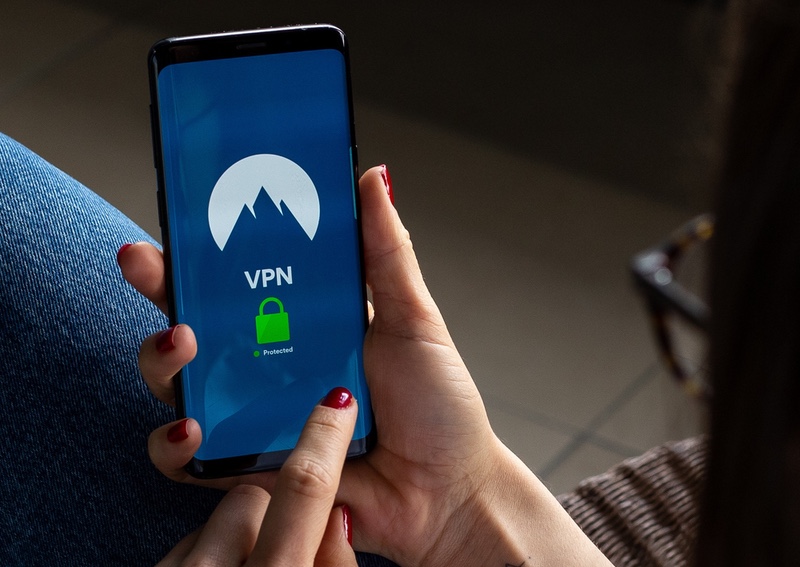Why getting the Singapore government to ban porn sites won’t stop people from getting off online


Instead of deconstructing the complex, multi-layered causes of sexual assault in Singapore, one prudish lady believes that pornography is its root cause.
A “Roslyn Snodgrass Seah” wrote a passionate but problematic forum letter to The Straits Times, in which she urged the Singapore government to ban access to all porno websites. Be it from desktops, laptops, smartphones or “Internet television” (does she mean Netflix and YouTube?).
Seah’s glaring line of reasoning is that the spike in police reports involving molestation is most likely due to easy access to internet porn. She did not, however, consider other factors, such as increasing awareness and resolve among victims to step forward and make a report.
Somehow, Seah dragged in the Monica Baey case into her argument. “…a pornography watcher may commit sexual crimes against women when the opportunity arises, including filming women showering,” she wrote.
She then called for an “aggressive multi-pronged approach” that involves the Infocomm Media Development Authority (IMDA) blocking access to all smut sites, while also educating children and parents on the alleged dangers of watching porn.
To be fair, Seah is not all that wrong. A number of international social science studies carried out have attempted to correlate sexually explicit material to sex crimes, and the results are… debatable. While some studies determine that watching porn leads to rape, others find that porn can be a safety valve; an outlet for “potentially assaultive energy”.
But while the debate carries on, we’re here to tell Roslyn that blocking porno sites won’t make a damn difference.

First of all, there are millions of websites that showcase erotic video and imagery. Then there are the thousands of sites that host literotica (erotic literature, but, uh, don’t expect Shakespearean levels of quality). We would have mentioned Tumblr, but those guys managed to snuff out all the NSFW content, which could prove its downfall.
Ultimately, despite the government’s best efforts, it is a technically improbable feat for the IMDA to identify and block all the porn and porn-adjacent sites in the world. Even if they manage to do so, it’s pretty much useless because…

…Virtual Private Networks (VPN) exist. Disregarding technical jargon like tunnelling protocols and packet sniffing, VPNs basically allow devices to have private, secure internet connections across a public network. The connection is encrypted (whatever you’re doing is concealed from prying eyes) and users can easily circumvent any blocks that prevent you from accessing a site. Case in point: a site like PornHub.
VPN software is everywhere too, and some brands are even providing their services for free. Of course, VPNs are meant for more secure internet browsing without being tracked online and also to bypass internet filters established in countries with major censorship (hello China). Here though, we’d guess that folks switch on the VPN and go to town on sex stuff and US-only streaming content.

Seah forgets (or doesn’t realise) how tech-savvy today’s kids are — especially hormonal horndogs looking for something to get off to. They don’t even have to use VPN software to get around blocks, because there’s something called changing the Domain Name System (DNS) server on your devices.
DNS servers basically contain a database of public IP addresses and URLs, and these servers are typically set up by your internet service providers like StarHub, M1, MyRepublic and so on. Local internet service providers are bound by the rules of the Singapore authorities, so the DNS servers set up by them can disable their users from accessing blocked websites.
These include popular torrent sites such as The Pirate Bay and KickassTorrents — Singapore’s copyright law makes it a requirement for local internet service providers to implement the blocks.
But folks don’t have to use the DNS servers set up by internet service providers. Tonnes of free public DNS servers by Google and Cloudflare are available, and under optimal conditions, they usually provide a safer and faster internet connection. Plus, it gets around restrictions.

Then, of course, there’s the darker route. Block, censor, and regulate enough things, and people will resort to illegal means to get access to said things. If porn is effectively blocked, then thirsty hentai-hunters need to go to the deep web. The internet is way bigger than what Google can find: there is plenty of stuff that Google (and other search engines) can’t index.
Within the deep web is a wealth of unindexed content, and at the very bottom of this pile is what is commonly referred to as the dark web. If one were to go down that rabbit hole with anonymity networks (“darknets”) like Tor, one can find their way to the dark web, where true anonymity exists.
Getting there is a matter of hunting down specific information scattered across forums and unindexed websites while in the Tor network, and not simply entering a URL into your browser. This particularly shadowy layer of internet is home to the most illegal and controversial activities, including the trading of narcotics, firearms, stolen credit card numbers, and even child pornography.
Trust us Roslyn, if blocking all porn sites is your idea of a solution to sex crimes, this ain’t it chief.
For more original AsiaOne articles, visit here.